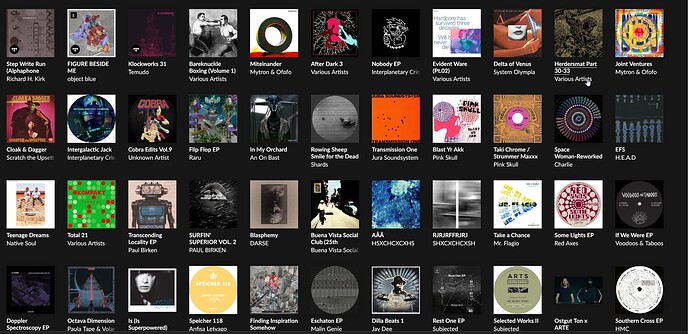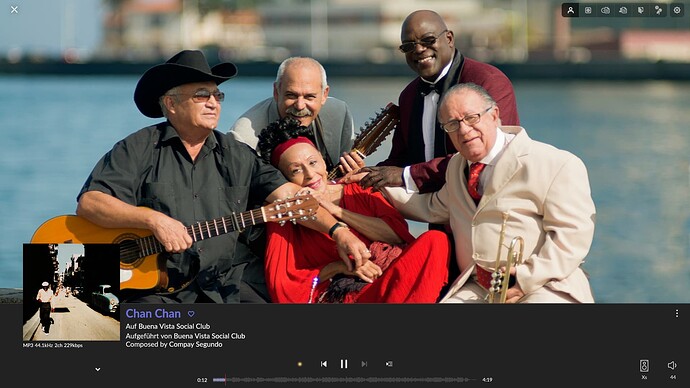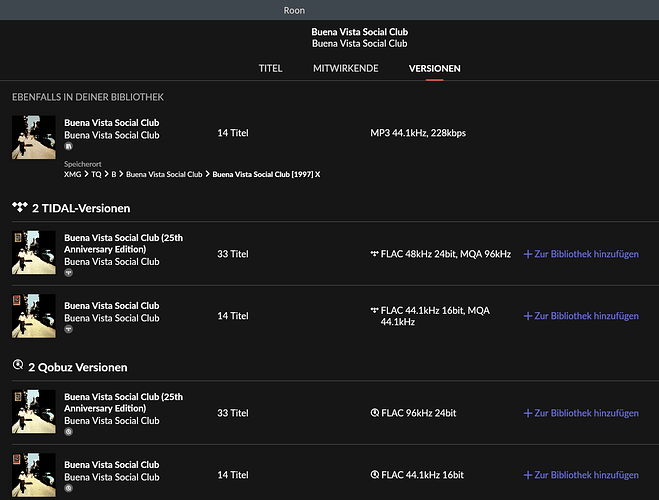When the CD was still popular, there were many services that solved this task well. Here would be CDDB later Gracenote or FreeDB, which were used by Exact Audio Copy (EAC), Mp3tag, foobar2000 and other programs for free.
In 2010 Gracenote proudly announced:
Gracenote, the company that operates the “Compact Disc Database” (CDDB), will in the future receive the metadata and album art of many new songs before the official release date.
These agreements have been signed with the major labels EMI, Sony Music, Universal Music and Warner Music, as well as hundreds of smaller labels, the company announced at the MIDEM 2010 music fair in Cannes. Users can then access the data directly when the CD goes on sale.
I used that plenty, but it’s of no use to me today, neither Musicbrainz, nor others have that old metadata.
I don’t think Songkong can access it anymore either. The developer is in our community and will comment. The link is here
Free projects on old base are resting. e.g. this project: : GitHub - Hakkin/cddb: Gracenote to FreeDB proxy.
For almost a decade and a half Magix organized the operation of the free CD database freedb. A little over a year ago, Magix also gave up and handed the baton to self-appointed successors.
https://musicbrainz.org/doc/FreeDB
In my perception, the project is somewhat sluggishly organized and doesn’t really progress without CDs anymore. Only where the music industry directly helps, there will be fast progress. There, however, one does not want to sell and stream the old albums at all and therefore does not want to recognize them.
So old stocks of AllMusic, Discogs & Co become a goldmine, but need again free or shareware to use.
https://www.discogs.com/de/forum/thread/147021
The last link shows how long developers have been at it.
The developer of MP3Tag was also working on LastFM.



